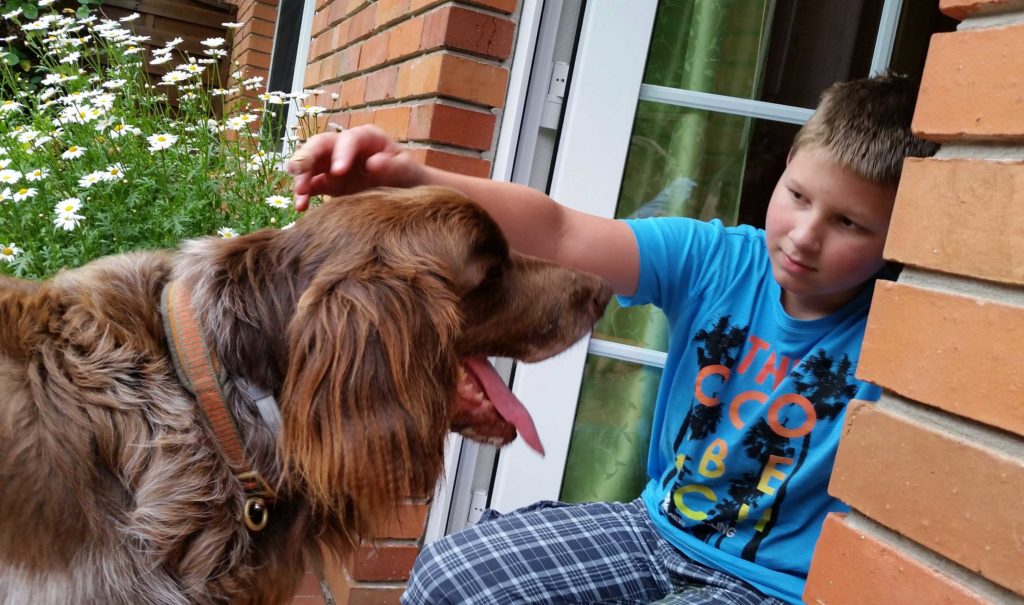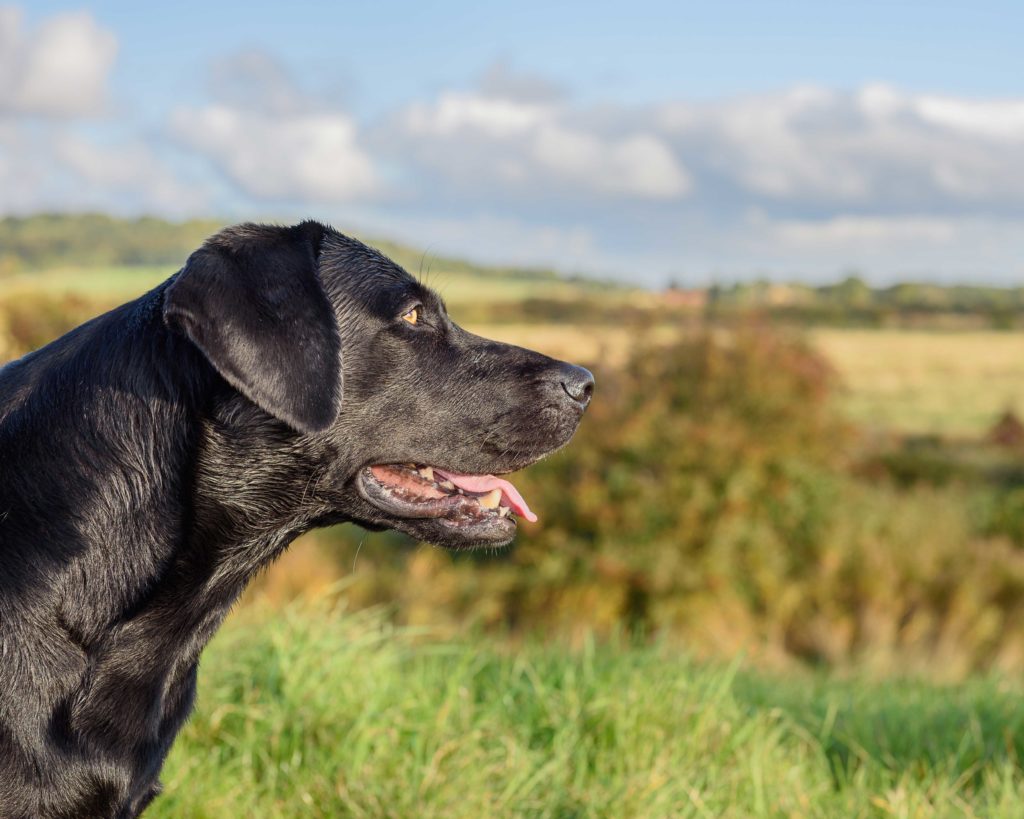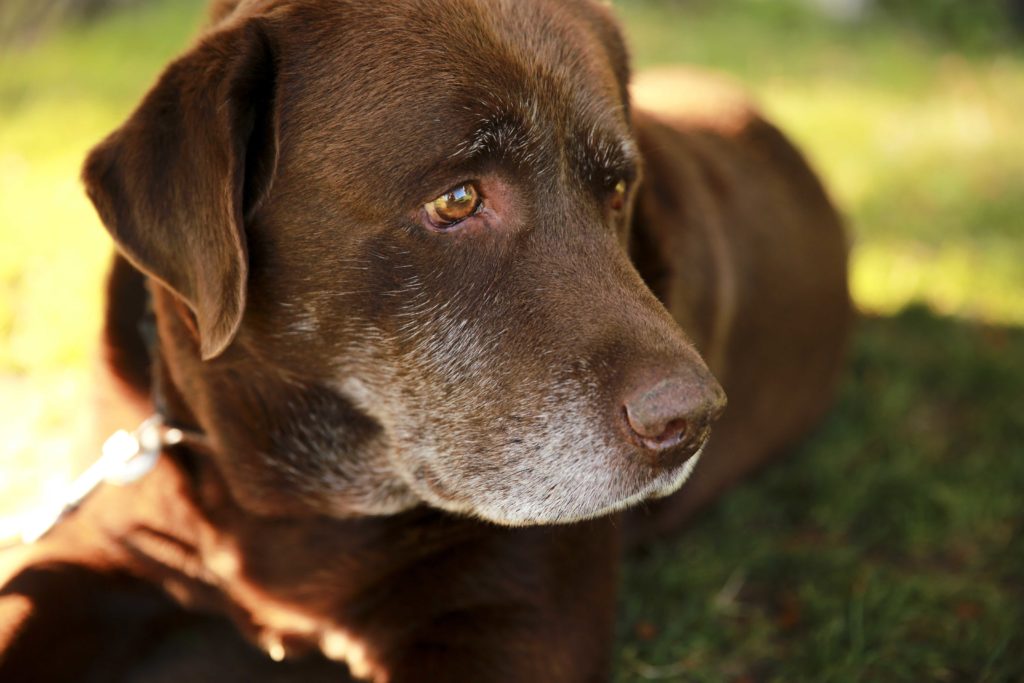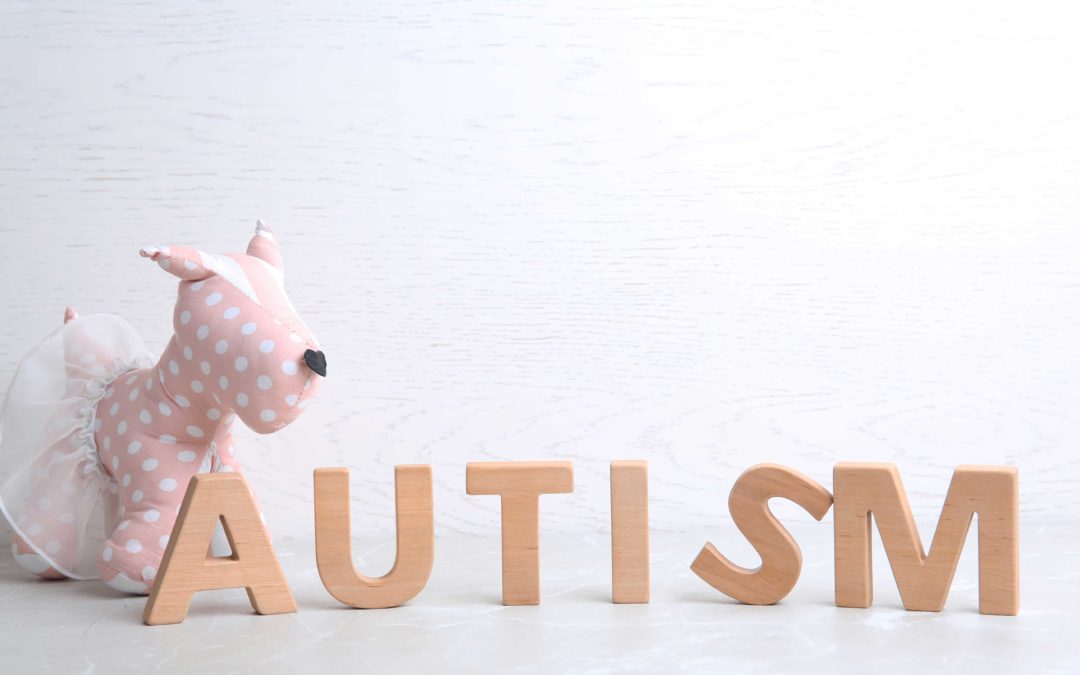What is autism? Autism is a lifelong developmental disability that affects how people perceive the world and interact with others. Autistic people see, hear and feel the world differently to other people. If you are autistic, you are autistic for life; autism is not an illness or disease and currently cannot be ‘cured’ The other important fact to understand is that autism is congenital, meaning that dogs or humans cannot suddenly become autistic, they are born with autism.
Does Autism Occur in Dogs?

Is it possible for a dog to be autistic? Suffer from ADHD or Asperger’s?
Are these apparent behaviours congenital in other words genetic, or created by other influences after the individual is born?
This article will hopefully answer all these questions and give you some idea what autism looks like in dogs.
It never occurred to me that autism could affect dogs as well as humans until I met a Doberman almost 18 years ago.
I would not have considered what I was seeing as autistic if I hadn’t had an interest in human psychology, including ASD (Autistic Spectrum Disorder).
Without this interest, I probably would have considered the behaviour to be related to a lack of early socialisation by the owner, or a lack of early handling by the breeder.
Yet the owners had assured me they had chosen the puppy carefully. They had carefully chosen a brilliant breeder, it had also attended puppy and socialisation classes from an early age.
This dog had a number of behavioural problems. One was a fear of anything new, It did not learn from good experiences.
For instance, it barked at the owners every time they came downstairs, entered a room or went to the door.
Passing bins or anything flapping or moving, including leaves, tissues and plastic bags were seen as creatures from the black lagoon and therefore terrifying objects to be feared and barked at. I took it for a walk and it was startled by most things on that walk including bikes, cars, people, dustbins, signs and other dogs.

It wasn’t aggressive other than barking, just very fearful of almost any situation, despite being introduced many times before to those situations and stimuli. In some dogs aggression is also one of the manifestations of autism. As it is with people that have ASD.
We have to be careful we do not mix up (1) Fear and Timidity in Dogs with autism. Most cases of fearful dogs are either genetic or the most common reason is lack of (2) Early Socialisation the other main reason for most fear-based dogs and aggression is (3) Neutering.
We also must not mistake many OCD Obsessive-Compulsive Disorders as a sign that your dog could be suffering from autism. Read my article (4) Obsessive Compulsive Disorders in Dogs. Having said that there is the case of EBTs English Bull Terriers and tail-chasing that is believed to be a form of autistic behaviour. see a link to (9) Dogs and Autistic Behaviour.
After this Doberman client, I was more attentive to this type of behaviour, and noticed that many people were telling me they called their dog or puppy “my special needs baby”.
I can state that of the many thousands of behaviourally challenged dogs I have worked with over the years, only a very small percentage showed what can only be described as ASD. It is certainly not as common as it is in humans.
I have treated many dogs with forms of ADHD, I find quite often in these cases that food or early neutering is at the root of this problem, but not always.
We know dogs can have dementia, OCD, schizophrenia, alzheimers and many fear and hormone-based behaviours. They get almost all the illnesses that we get, then why not Autism?
In a way dogs are all very mildly autistic they live for the now and see things in pictures. Animals think and see things in a visual spectrum, their memories are stored like a picture album they assimilate everything through this visual association.
Fear, causing anxiety and stress is the main emotion of autism, and is the most important emotion that animals have, especially prey animals like sheep and most grazing animals;
Autistic children can have a stronger attachment to pets than those without ASD. Pets especially dogs are often bought to be companions to children and adults who have ASD. (5) Temple Grandin is an assistant professor of animal science at Colorado State University and also has autism. She is the author of the book Thinking in Pictures. Her insights on how animals think will change your whole thinking of how dogs and pets learn.
Socialisation:

The picture on the right is with the dog’s owners it was one of the most difficult cases of autism I have ever dealt with.
This young collie had been to another well-known behaviourist at 5 months, who had recommended the puppy be euthanised.
It literally could not cope with anything, from people dogs or just anything that moved, fluttered, or flapped.
When I first met him he spun round in a circle defecating and urinating as he was spinning like a top.
He was terrified of everything. This is him with one of my assistance dogs Kai a white German Shepherd. He worked with me in my practice along with four others if I was working with dogs that were difficult, aggressive or fearful.
Though he had a soft mesh muzzle on for my dog’s safety, this dog did not try to attack Kai and ended up playing with him.
Though Kai who was 8 years old at the time is no longer with us, as this was taken in 2010 I hope the Collie is. still with his owners. If they read this article I hope they get in touch again.
Though he could not be fully cured, he ended up much calmer and the owners were happy to keep him and work through his problems.
Like humans, dogs go through a number of critical periods during their formative weeks and months. If they do not get critical early learning, stimulation and socialisation, then their behaviour in later life will probably be affected. I am not referring to dogs with autism when I say this. These are dogs who have lacked socialisation and interaction with the breeder, the new owner or both.
The first 16 weeks of a dog’s life is critical to the psychological and behavioural outcome of that puppy. Read critical periods (6) Part One and (7) Part Two.
Autism is quite rare in dogs, as stated earlier. I see perhaps 5 or 6 a year that show classic symptoms of ASD. Some scientists and many Vets even doubt that the condition exists.
Please see the full article here:
https://www.doglistener.co.uk/can-dogs-be-autistic©Stan Rawlinson

